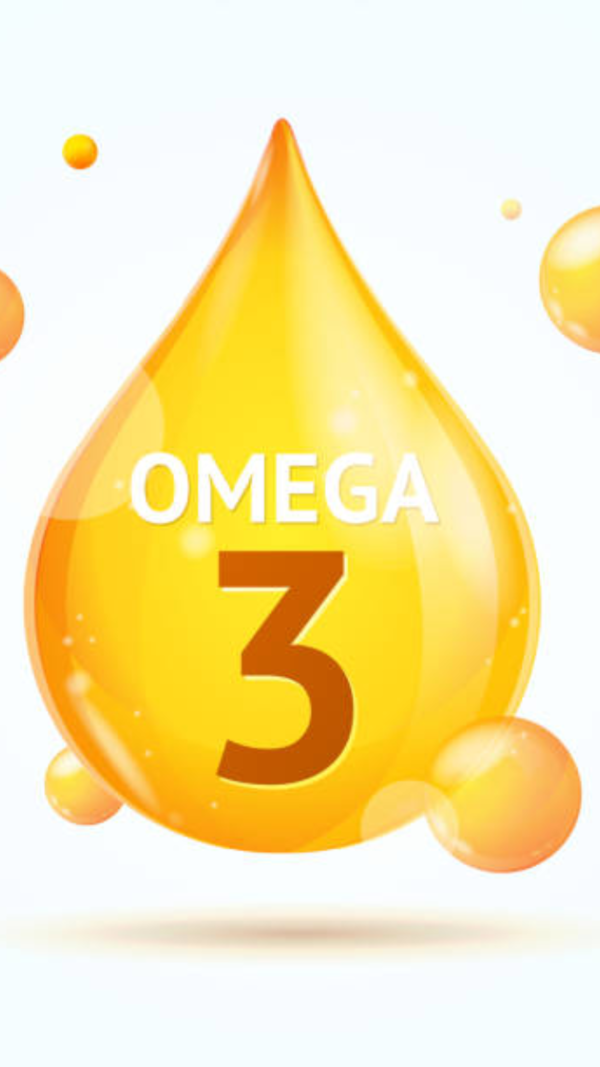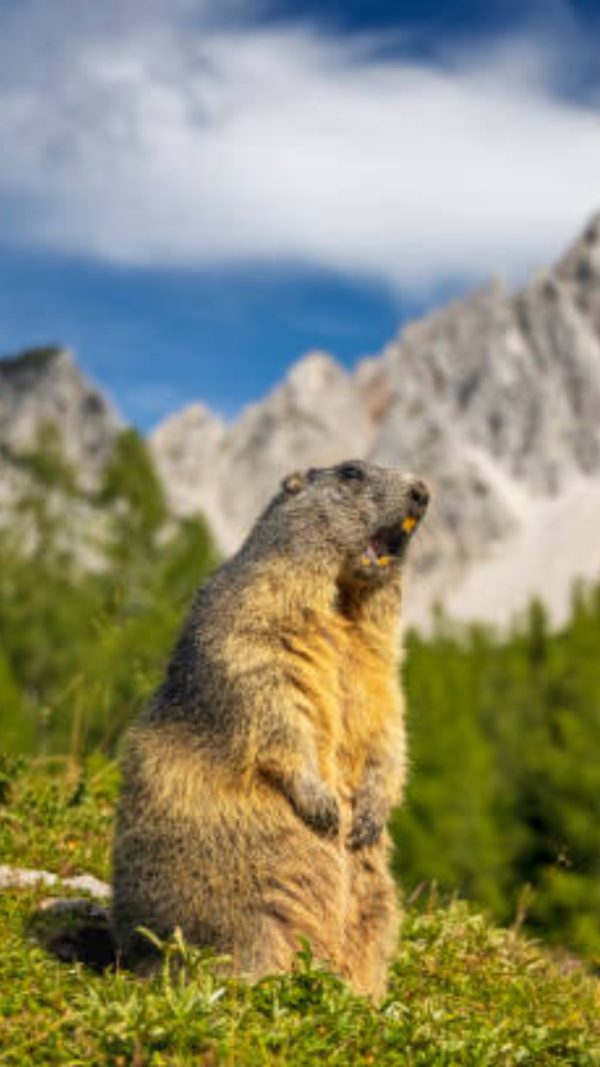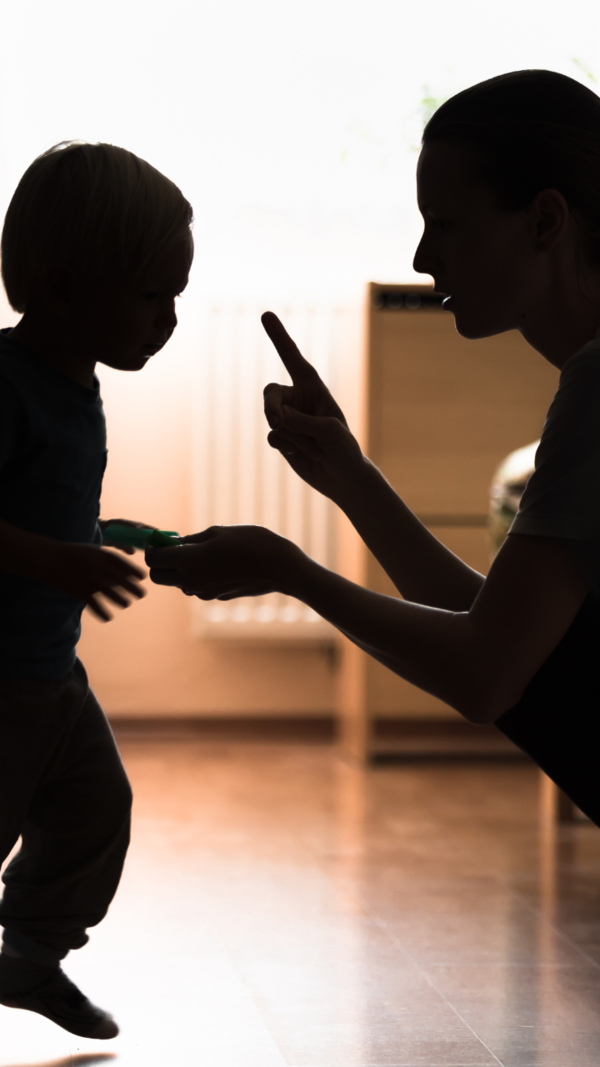- News
- Prevost resembles Francis in commitment to poor & migrants
Prevost resembles Francis in commitment to poor & migrants
Cardinal Robert Prevost, a little known missionary from Chicago, was elected in a surprise choice to be the new leader of the Catholic Church on Thursday.The crowd in St Peter's Square erupted in cheers when white smoke poured out of the Sistine Chapel on the second day of the conclave. Priests made the sign of the cross and nuns wept as the crowd shouted "Viva il papa!" Waving flags from around the world, tens of thousands of people waited to learn who had won and were shocked when an hour later, the senior cardinal deacon appeared on the loggia and said "Habemus Papam!" and announced the winner was Prevost.He spoke to the crowd in Italian and Spanish, but not English.Prevost, 69 and originally from Chicago, has spent most of his career as a missionary in Peru and has dual Peruvian nationality. He was made a cardinal by Pope Francis less than two years ago. He has given few media interviews and rarely speaks in public. Until the death of Francis, he held one of the most influential Vatican posts, running the office that selects and manages bishops globally.US President Donald Trump swiftly congratulated Prevost on becoming the first US pope. "What excitement, and what a Great Honor for our Country. I look forward to meeting Pope Leo XIV. It will be a very meaningful moment!"A member of the Order of St Augustine, Prevost resembles Francis in his commitment to the poor and migrants and to meeting people where they are. He told the Vatican's official news website last year that "the bishop is not supposed to be a little prince sitting in his kingdom."He has spent much of his life outside the US. Ordained in 1982 at age 27, he received a doctorate in canon law at the Pontifical University of St Thomas Aquinas in Rome. In Peru, he was a missionary, parish priest, teacher and bishop. As the Augustinians' leader, he visited orders around the world, and speaks Spanish and Italian.Often described as reserved and discreet, he would depart stylistically from Francis as pope. Supporters believe he will most likely continue the consultative process started by Francis to invite lay people to meet with bishops.It is unclear whether he will be as open to gay, lesbian, bisexual and transgender Catholics as Francis was. Although he has not said much recently, in a 2012 address to bishops, he lamented that Western news media and popular culture fostered "sympathy for beliefs and practices that are at odds with the Gospel." He cited the "homosexual lifestyle" and "alternative families comprised of same-sex partners and their adopted children."The last pope to take the name Leo led the Church from 1878-1903. Leo XIII was known for his devoted focus to social justice issues, and is often credited with laying the foundation for modern Catholic social teaching. For much of the past century, the conclave has needed between three and 14 ballots to find a pope. John Paul I - the pope who reigned for 33 days in 1978 - was elected on the fourth ballot. His successor, John Paul II, needed eight. Francis was elected on the fifth in 2013. agencies
Operation Sindoor
End of Article
Follow Us On Social Media









